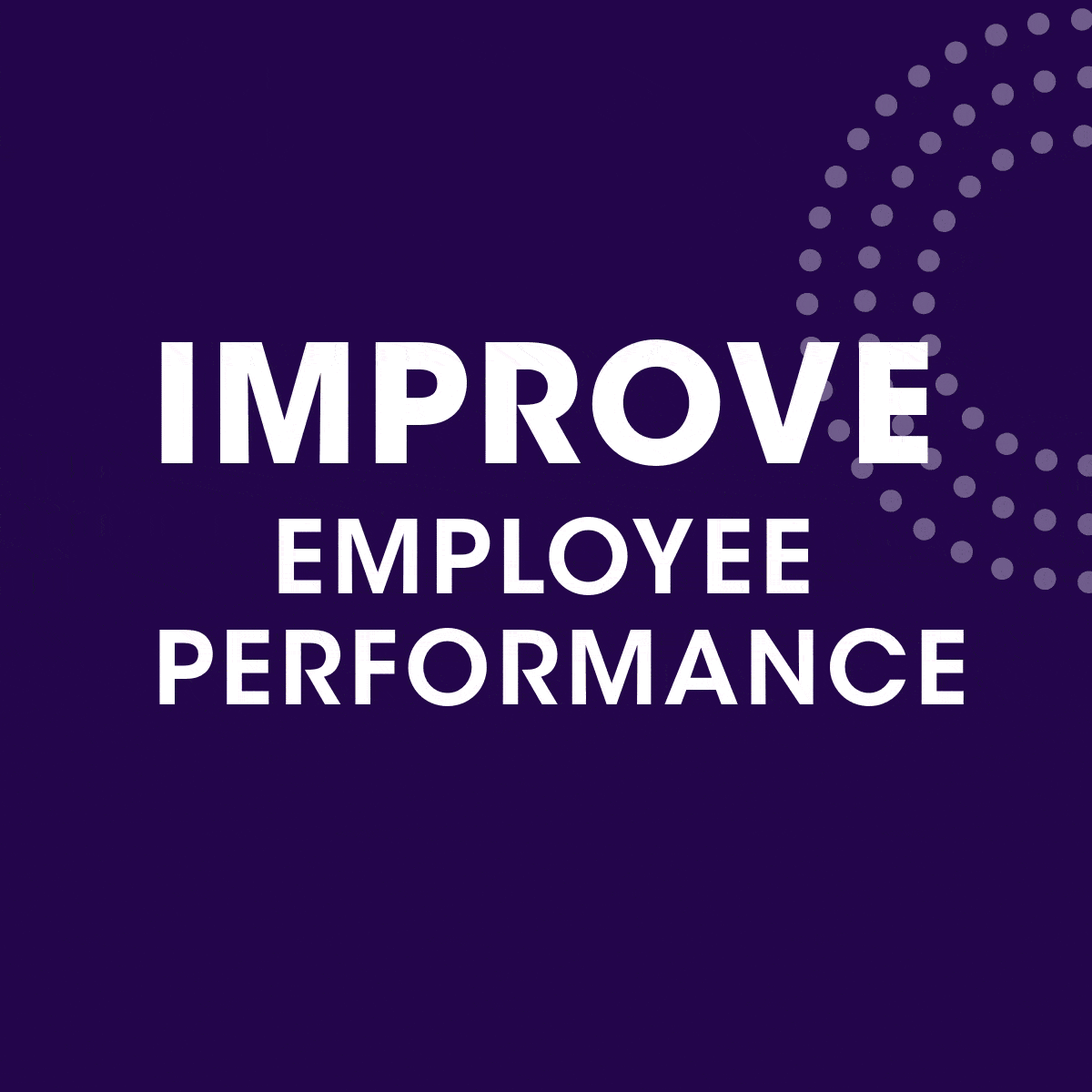Navigating Immigration Law within the Roofing Industry

RCS Influencer Trent Cotney details what employers need to know about immigration law and compliance.
Federal law prohibits companies from employing individuals who are not authorized to work in the U.S. To comply with the law, employers must complete and maintain an Employment Eligibility Verification Form (Form I-9) for each employee. This has been the law for decades; but in recent years, the government has placed much greater emphasis on enforcing the law and penalizing noncompliance. The government may audit employers for I-9 compliance with little or no prior notice. The government can penalize an employer if the audit indicates that the employer knowingly hired or continued to employ unauthorized workers or simply failed to maintain proper Form I-9s for some of its employees (even if those employees are authorized workers). These penalties can include significant civil fines for each noncompliant Form I-9 or unauthorized employee, criminal liability for a pattern or practice of noncompliance, and debarment from government contracts. Therefore, it is more important than ever for employers to understand their compliance requirements and how to protect themselves from potential penalties.
When an employer hires an individual, the employer must work with the employee to properly complete the Form I-9 and inspect the employee’s supporting documents within three business days of the employee’s first day of work. Thereafter, if one of the employee’s supporting documents expires during his or her employment, the employer may be required to complete additional paperwork and re-verify the employee (depending on what document expired). Finally, the employer must maintain the Form I-9 and any copies of the supporting documents the employer made for the duration of the worker’s employment. Once the employment ends, the employer must retain that paperwork for either three years after hiring the employee or one year after termination, whichever is longer.
In addition to the foregoing I-9 compliance, employers may also utilize E-Verify to ensure their employees are authorized to work in the U.S. E-Verify is an Internet-based system that compares information from an employee’s Form I-9 with records in the federal government’s database to confirm employment eligibility. The federal government and certain states require employers with government contracts to utilize E-Verify; but otherwise, most employers can choose whether to use E-Verification. While E-Verify can give the employer an additional defense to an allegation that it knowingly employed an unauthorized worker, properly administering E-Verify also requires additional training and oversight.
Ultimately, there are several proactive steps all employers should take to minimize their exposure to government audits and penalties. Employers should adopt a written immigration compliance policy and train their administrative staff to consistently adhere to that policy with regard to all new hires and employees (this will also limit the risk of discrimination charges). Employers should also enlist an employment and immigration attorney to periodically audit their Form I-9s and E-Verifications (if applicable) to ensure compliance and correct any instance of noncompliance.
Trent Cotney is the founder of Trent Cotney, P.A. Construction Law Group, specializing in construction law. See Trent’s full bio here.
Author’s note: The information contained in this article is for general educational information only. This information does not constitute legal advice, is not intended to constitute legal advice, nor should it be relied upon as legal advice for your specific factual pattern or situation.








-2.png)













Comments
Leave a Reply
Have an account? Login to leave a comment!
Sign In